Low magnesium is associated with low testosterone, which in turn is linked to low and irritable moods especially during the menopause. Supplementing with magnesium or enjoying rich sources of magnesium in your diet may help relieve feelings of worry and tension. Getting enough calcium as you age can help prevent osteopororis; this is because estrogen is an instigator of osteoblasts, the cells that build bone.
Testosterone in females is very important for fat metabolism, mood, energy and libido amongst other functions. Testosterone levels naturally decline, along with other hormones, during the perimenopause and menopause, so if we can address our nutritional habits with a view to supporting levels of testosterone and paying attention to our lifestyles everything will benefit.
Due to the mineral deficiency in post-menopausal women with low bone density and the key role of minerals on bone health, supplementation with magnesium, calcium, zinc and perhaps copper recommended.
References:
1) Nutrition in Menopausal Women: A Narrative Review
2) A review of select vitamins and minerals used by postmenopausal women
3) Calcium in the prevention of postmenopausal osteoporosis: EMAS clinical guide
4) Copper, magnesium, zinc and calcium status in osteopenic and osteoporotic post-menopausal women
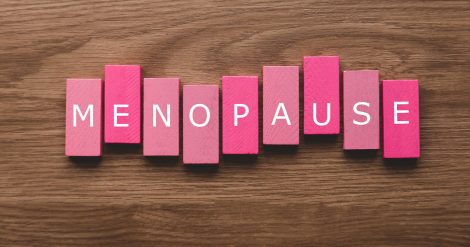
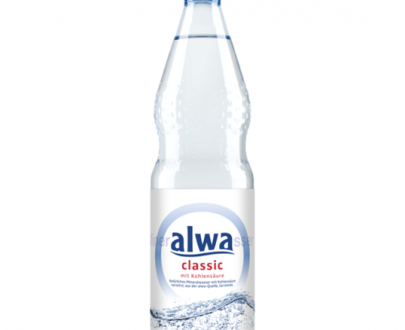
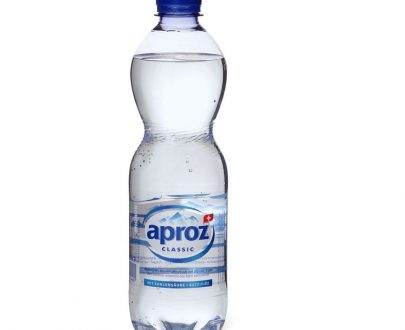
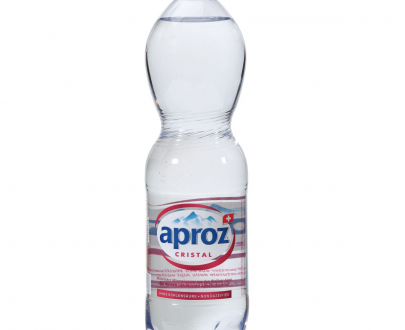

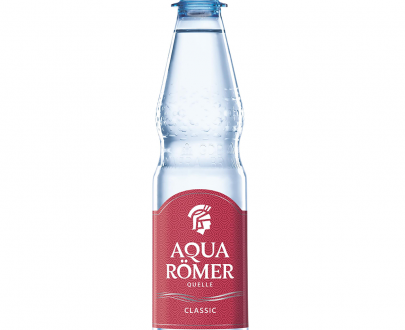
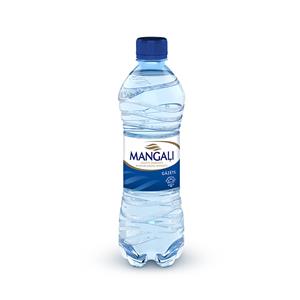
Reviews
There are no reviews yet.